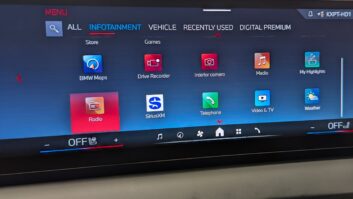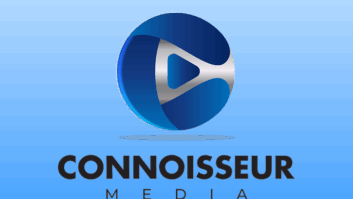Radio reading services are worried about radio’s transition to digital.
The International Association of Audio Information Services does not want to see the quality of FM subcarriers suffer. These services provide spoken-word programming aimed at the visually impaired; they traditionally “piggyback” their signals on those of FM radio stations, using the subcarriers of those stations. Listeners hear the programming on specially tuned SCA receivers.
Compounding the group’s concerns is the IBOC/HD Radio timetable. No one is sure how long stations will be sending hybrid analog and digital signals before going all-digital.
The quality of audio on FM subcarriers isn’t great now, and the IAAIS is worried it may degrade further when stations begin transmitting in HD Radio. The FCC is concerned, too; it said it will solicit comment on how to protect SCA services in its subsequent IBOC order.
Tests developed by Ibiquity, NPR and the IAAIS and conducted earlier this year by the Advanced Television Technology Center showed, in some cases, analog SCA receivers “may receive significant new interference” from IBOC stations operating on second-adjacent channels, the FCC stated in its recent IBOC order.
Additional SCA receiver tests commissioned by NPR in the top 16 radio markets showed additional interference from IBOC could affect 2.6 percent of eligible receivers within an FM station’s service area, stated the commission.
Several DAB sources said the performance of SCA receivers varies widely. One possible solution to interference would be to replace SCA receivers with models less sensitive to interference.
Ibiquity General Counsel Al Shuldiner said the company is working with the IAAIS to seek a solution. “Even in the hybrid mode, we want to make sure reading services upgrade to digital,” he said. Noble agreed that Ibiquity is working with IAAIS, but believes it’s taking too long.
Another fix may be for stations to devote more of their spectrum to auxiliary services. But that approach would mean fewer available bits to carry the main channel programming.
Stations could also use Ibiquity’s so-called “extended FM hybrid mode” of implementation, where the digital sidebands on either side of the analog carrier are more spread out, adding bits to the digital carrier for data services. The tradeoff here, sources said, is increasing the potential for interference to the host analog signal.
IAAIS’ Chairman of Government Affairs Dave Noble believes stations would be unlikely to choose either of these options, for competitive reasons. The IAAIS wants the FCC either to mandate SCA receiver capability in HD Radios or to persuade receiver makers to incorporate that ability without federal intervention.
Would building a port into HD Radios for the ability to add SCA receiver functions be helpful? The IAAIS believes this would be a more expensive solution for the groups that provide radios to the blind and visually impaired.
Sources said receiver makers would need to decide if it’s cost-effective to incorporate this function. In any case, building that capability into the first generation of HD Radios is unlikely, as those are being built now in time to be on store shelves this spring.







